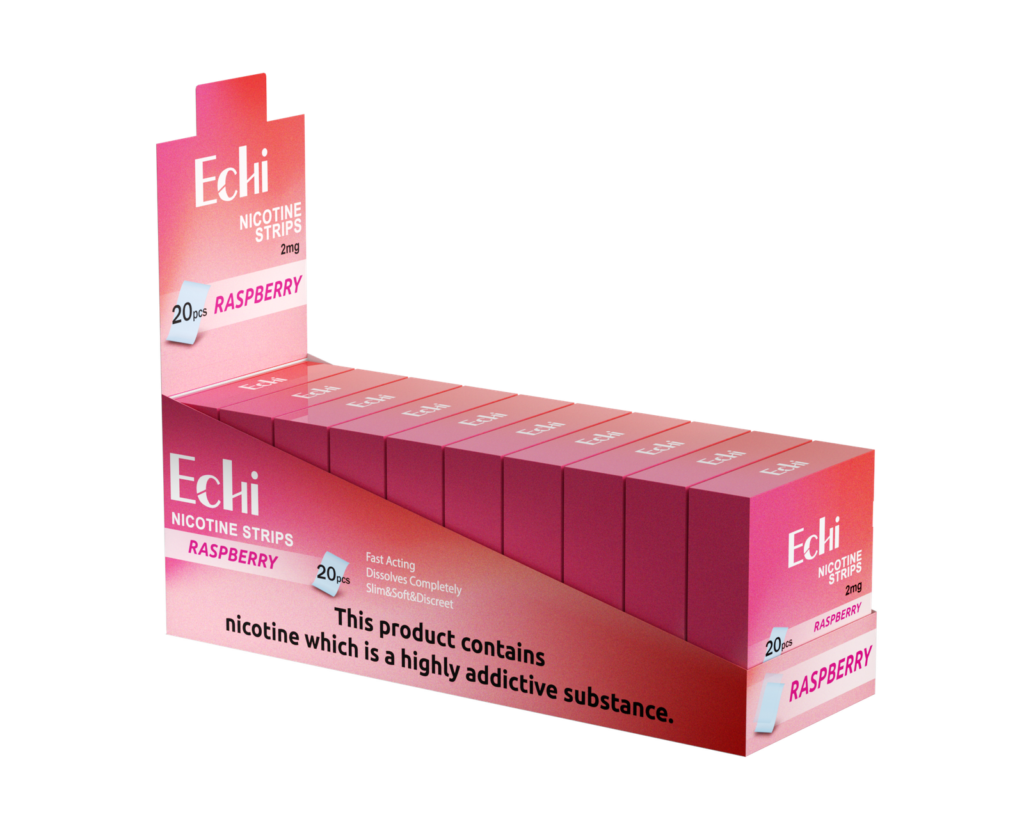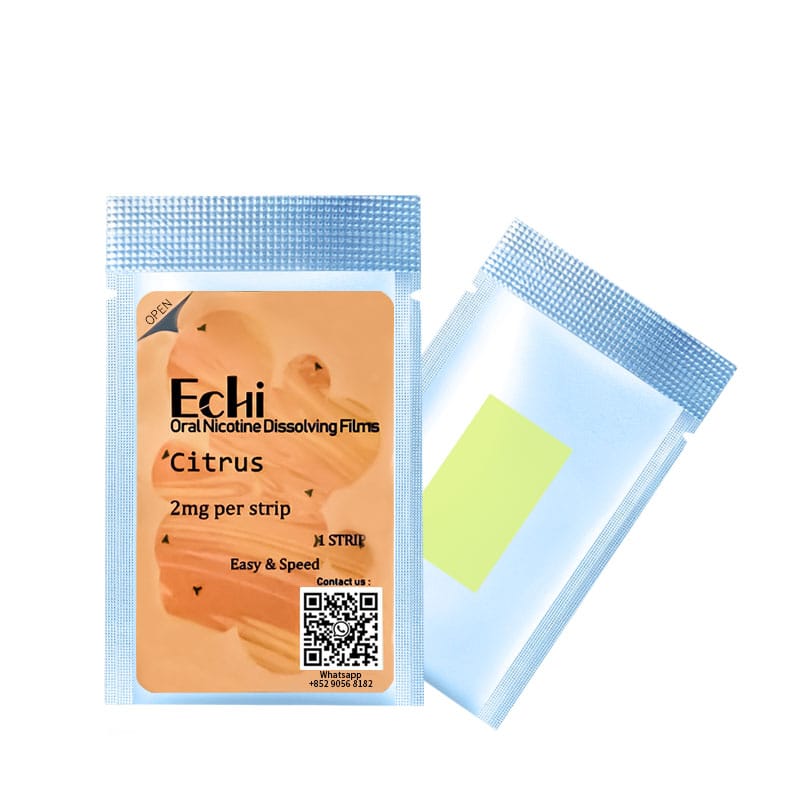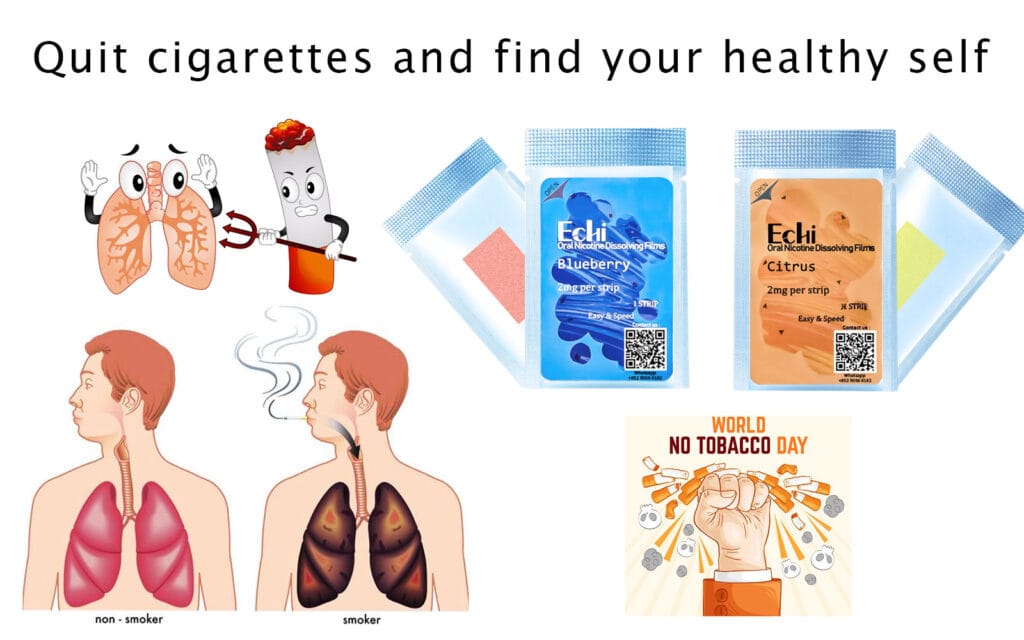If you’re facing a saliva test for nicotine, it’s understandable to be concerned about how to pass it, especially if you’ve been using nicotine products like cigarettes, vapes, or nicotine pouches. Saliva tests are commonly used to detect nicotine and its metabolites in your system, and they can be required for various reasons such as work, health screenings, or legal purposes.
In this article, we’ll explore what nicotine tests are, how they work, and tips for potentially passing a saliva test for nicotine.
What Is a Saliva Test for Nicotine?
A saliva test for nicotine is a type of drug test that detects the presence of nicotine and its byproducts, such as cotinine, in your saliva. Cotinine is a metabolite of nicotine and remains detectable in the body for a longer time after nicotine use. This makes it a reliable marker for recent nicotine consumption.

Saliva tests are non-invasive, easy to administer, and provide quick results. They are often used in workplaces, medical settings, or by probation officers to check for nicotine use. Depending on the type of test and the frequency of use, nicotine can be detected in saliva for varying lengths of time.
How Long Does Nicotine Stay in Your Saliva?
The detection window for nicotine in saliva depends on several factors, including how much and how often you use nicotine, your metabolism, and the type of test used. On average:
- Nicotine can be detected in saliva for up to 4 days after use.
- Cotinine, the primary metabolite of nicotine, can be detected for 1 to 2 weeks after nicotine consumption.
If you’ve recently used nicotine, such as smoking a cigarette, using a nicotine pouch, or vaping, your saliva test could potentially show a positive result for several days. For people who use nicotine regularly or heavily, the detection window might be on the longer end of the scale.
Factors That Affect Nicotine Detection in Saliva
Before we dive into how to potentially pass a nicotine saliva test, it’s important to understand the factors that can influence the detection time of nicotine:
- Frequency of Nicotine Use: People who use nicotine products daily or in large amounts may have higher levels of nicotine and cotinine in their saliva, which can stay detectable for a longer period. In contrast, occasional users may have nicotine leave their system more quickly.
- Metabolism: Your body’s metabolism plays a significant role in how fast nicotine is processed and eliminated. Those with faster metabolisms may clear nicotine from their system more quickly.
- Hydration and Oral Hygiene: Keeping your mouth hydrated and maintaining good oral hygiene can sometimes help reduce the presence of nicotine metabolites in your saliva. Drinking water or chewing gum can help flush out toxins, although it’s not a guarantee to pass the test.
- Nicotine Type: The type of nicotine product you use (e.g., smoking, vaping, nicotine pouches) can also impact how long nicotine stays in your system. Vaping may cause nicotine to stay in your saliva longer due to the higher concentration of nicotine in e-liquids compared to traditional cigarettes or nicotine pouches.
Tips to Pass a Saliva Test for Nicotine
While there’s no surefire way to guarantee you’ll pass a saliva test for nicotine, there are several strategies that could potentially help you reduce the levels of nicotine in your saliva or improve your chances of passing:
1. Stop Using Nicotine Products
The most effective way to pass a saliva test for nicotine is to stop using nicotine products well in advance. The longer you abstain from nicotine use, the more likely it is that nicotine and its metabolites will leave your system naturally. Ideally, give yourself at least 48 hours to allow the nicotine levels in your saliva to decrease, though a week or more is better if possible.

2. Drink Plenty of Water
Hydration can help flush toxins from your system, including nicotine metabolites. Drinking plenty of water will not only help cleanse your body but can also promote saliva production, which could help flush nicotine out of your mouth more quickly. Try to drink 8-10 cups of water per day in the days leading up to the test.
3. Practice Good Oral Hygiene
Maintaining good oral hygiene can help reduce the likelihood of nicotine metabolites being present in your saliva at the time of the test. Here are some hygiene tips that might help:
- Brush your teeth and gums thoroughly before the test.
- Use a mouthwash that contains antiseptic properties to clean your mouth and help reduce the amount of nicotine present.
- Consider using a tongue scraper to clean your tongue, as nicotine can sometimes linger there.
4. Chew Gum or Mints
Chewing sugar-free gum or mints may stimulate your saliva production, helping to flush out nicotine metabolites from your mouth. While this won’t erase all traces of nicotine, it can help mask the presence of nicotine and cotinine temporarily.
5. Use Detox Mouthwash or Products
There are certain mouthwashes and oral detox products that claim to help remove toxins from your mouth, including nicotine residues. These products are often marketed as a way to help pass saliva tests, though their effectiveness may vary. Some mouthwashes contain peroxide or other cleaning agents designed to neutralize or mask the presence of nicotine in your mouth.
6. Avoid Nicotine Use Right Before the Test
If possible, avoid using nicotine in the hours leading up to the saliva test. This will give your body some time to process the nicotine already in your system. If you do decide to use a nicotine product, try to do so as far in advance as possible to minimize the amount of nicotine present in your saliva at test time.
Things to Keep in Mind
While the tips above can help reduce the chances of a positive result, there is no guaranteed way to pass a nicotine saliva test unless you’ve given your body enough time to clear out the nicotine metabolites naturally.
Some additional things to keep in mind:
- Timing is Key: The longer you wait after your last use of nicotine, the better your chances of passing the test.
- Test Sensitivity: Some saliva tests are more sensitive than others, so even small traces of nicotine could be detected in your saliva, especially if the test is designed to detect nicotine and its metabolites at very low levels.
- Don’t Rely on Quick Fixes: Be cautious of products that claim to help you “pass” a nicotine test quickly. Many of these products are not scientifically proven to be effective and may just offer a temporary solution.
Conclusion
If you’re facing a saliva test for nicotine, the best approach is to stop using nicotine products well in advance of the test. While the body will naturally metabolize and clear nicotine over time, hydration, good oral hygiene, and avoiding nicotine use close to the test can potentially improve your chances of passing. However, remember that no method is foolproof, and the most reliable way to pass a nicotine saliva test is simply to give your body enough time to clear nicotine from your system.
If you’re considering switching to a smokeless alternative, such as nicotine pouches or nicotine strips, echi offers a range of high-quality products that provide a cleaner and more discreet nicotine experience. Check out our selection at Echi for more details.
FAQs
1. How long does nicotine stay in saliva?
Nicotine can be detected in saliva for up to 4 days, and cotinine (a metabolite of nicotine) can stay in your saliva for 1 to 2 weeks, depending on your level of nicotine use and metabolism.
2. Can drinking water help pass a saliva test for nicotine?
Drinking water can help flush nicotine metabolites from your system and promote saliva production, but it’s not a guaranteed method for passing the test. It can, however, help reduce the amount of nicotine in your mouth temporarily.
3. How can I reduce nicotine in my mouth before a saliva test?
Good oral hygiene, including brushing your teeth, using mouthwash, and chewing gum, can help reduce the amount of nicotine and its metabolites in your saliva. This may help improve your chances of passing the test.
4. How long before a test should I stop using nicotine?
Ideally, you should stop using nicotine products at least 48 hours before the test, though abstaining for a week or more is recommended for better results.






